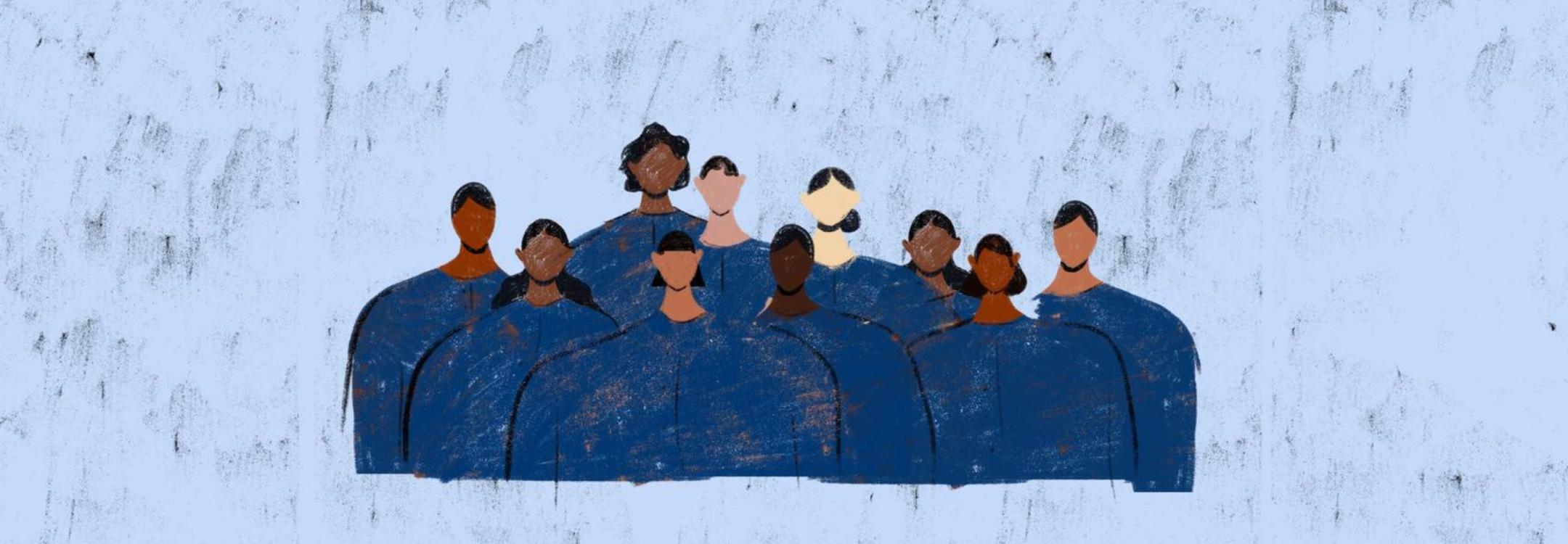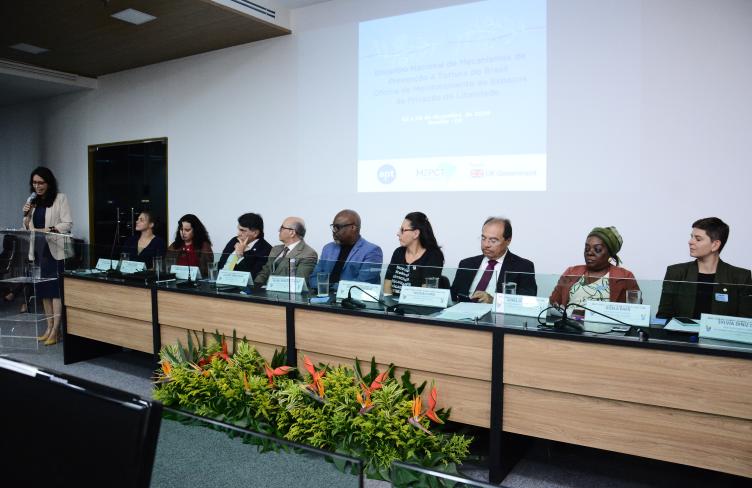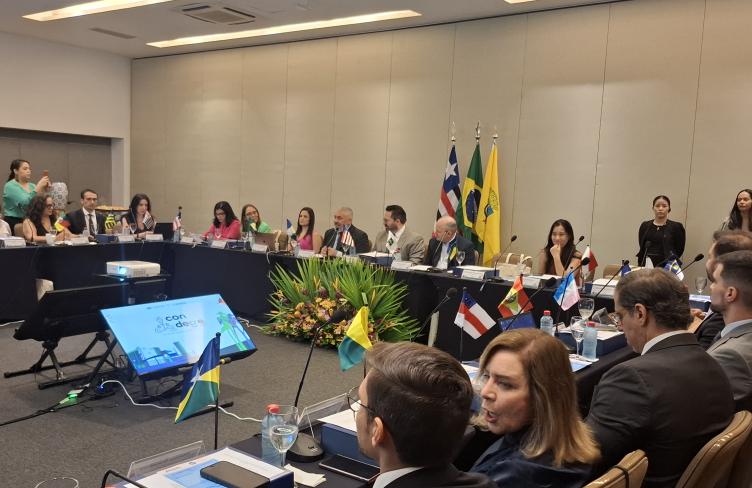
With torture still widespread across the world, and marking 26 June UN International Day in Support of Victims of Torture, six of the world’s leading anti-torture organisations, in partnership with over 200 civil society organisations and other partners in 100+ countries, have joined forces to strengthen and expand the anti-torture movement by pooling expertise in torture prevention, protection, rehabilitation and strategic litigation.
The #UnitedAgainstTorture consortium brings together the global memberships of the World Organisation Against Torture (OMCT), the International Rehabilitation Council for Torture Victims (IRCT) and the International Federation of Action by Christians for the Abolition of Torture (FIACAT) with the Association for the Prevention of Torture (APT), Omega Research Foundation and REDRESS.
Funded by the European Union, #UnitedAgainstTorture will work in partnership with national civil society organisations and other partners worldwide to build a global movement. The three-year, €8.5m project will provide grants to directly assist thousands of torture survivors, and strengthen local staff capacity to advocate with national actors responsible for torture prevention and rehabilitation. Survivors’ experiences and, for those who wish, their direct participation will be at the centre of the consortium’s torture prevention, rehabilitation and justice processes, both nationally and internationally.
By collaborating, #UnitedAgainstTorture responds to the urgent need to tackle the current global rise of autocracy, the shrinking space for civil society, an alarming acceptance of torture among some sectors of the public and the dire need to deliver justice to survivors amid unprecedented levels of systematic and widespread torture, from Myanmar to Ethiopia, Russia and Belarus to Venezuela and the Philippines.
“Torture is a big problem and it needs a big response. Everyone needs to work together to fight for an end to torture and to support survivors like me,” said Shyrete Sulimani, who was tortured by Serbian soldiers in April 1999 and received rehabilitation at the Kosovo Rehabilitation Centre. “I think this new partnership could make a real difference.”
As the official coordinator for participation of civil society at the UN Committee against Torture in Geneva, OMCT has an established track record of supporting the advocacy of local anti-torture organisations and of turning first-hand information into advocacy and strong international treaty recommendations. IRCT’s 160 members are the global leaders in providing torture survivors with rehabilitation, while its network of experts document allegations of torture for use in courts, tribunals and public advocacy. With 60 active cases in 38 countries, REDRESS is a global leader in achieving justice and reparation, particularly for torture related to discrimination and dissent, and will provide skills building and mentoring to partners.
Fighting to prevent torture before it happens, APT has unique global expertise supporting national torture prevention measures, such as strengthening independent monitoring bodies and promoting implementation of the Méndez Principles on Effective Interviewing to replace coercive interrogations. In Francophone Africa, FIACAT leads programmes together with national CSOs and State actors on the fight against abusive pre-trial detention, prevention of torture in prisons, improvement of the administration of justice, and the abolition of the death penalty. Recognising that an increasing amount of torture and ill-treatment today occurs in acts of police brutality against protesters or vulnerable individuals during arrest, Omega are experts in evidence-based research into the ‘tools of torture’, including inherently abusive equipment such as spiked batons, and are leading, with Amnesty International, a growing campaign for a ban on their trade.
Together as #UnitedAgainstTorture, we are more than the sum of our parts and we will work innovatively, tirelessly and strategically to strengthen and expand the anti-torture movement for a world free of torture and ill-treatment. Protecting and promoting human rights and democracy is a key priority of EU external action and one of the founding values of the European Union.


